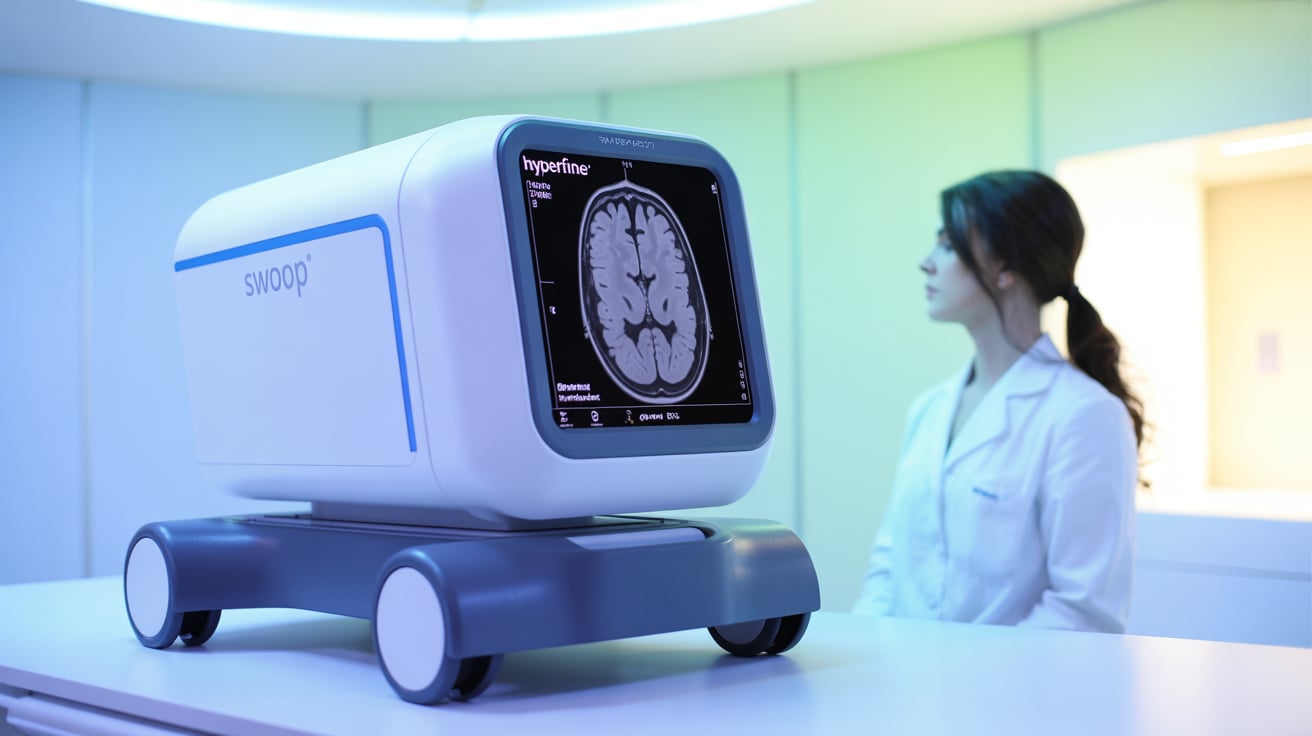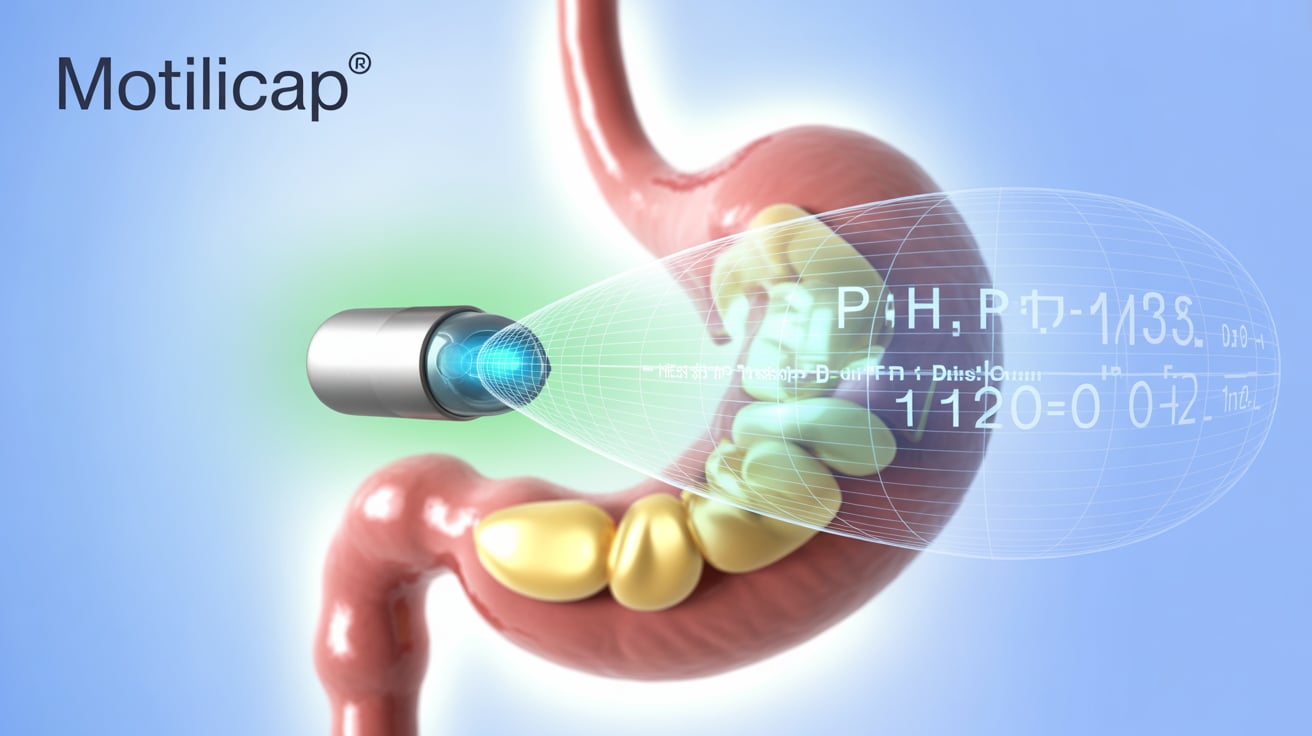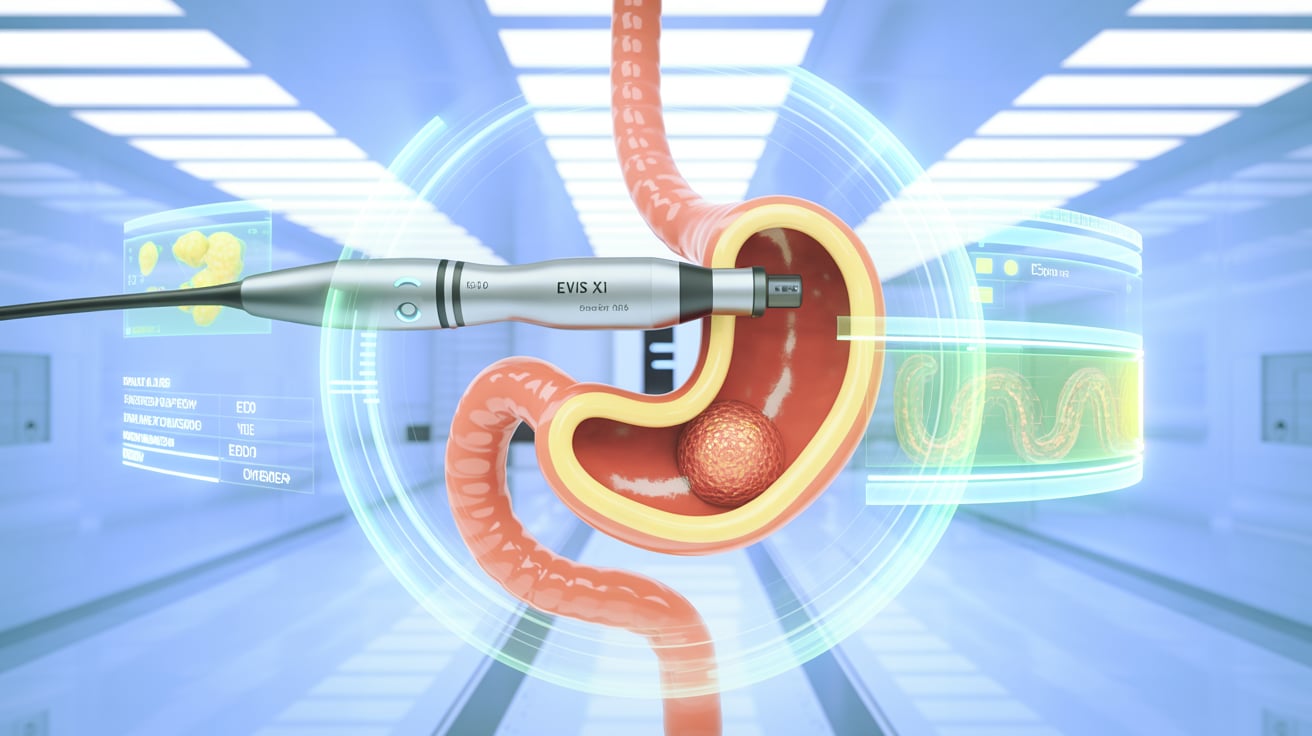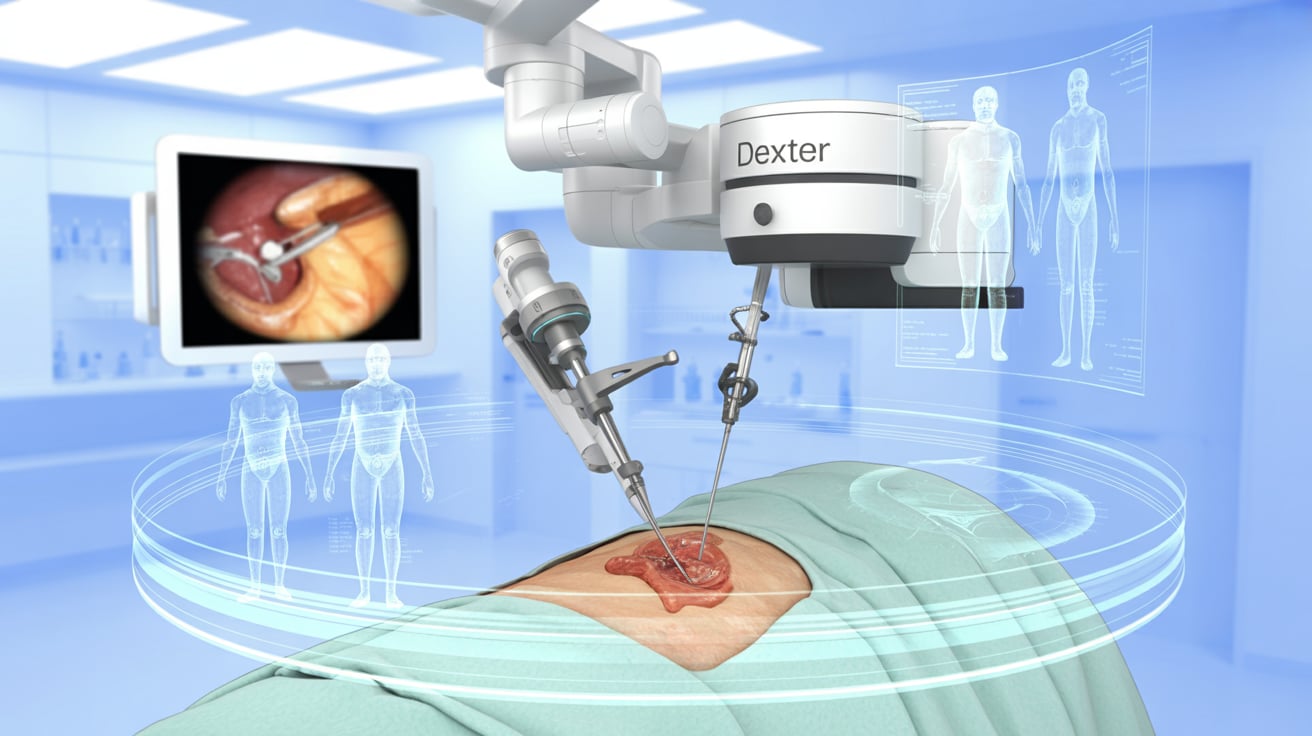Study Highlights Advancements in Dental Robotics
Researchers at Xi’an Jiaotong University Hospital of Stomatology in China have found that robot-assisted implant surgery significantly improves accuracy and clinical safety compared to traditional freehand methods.
The study evaluated the Remebot robotic system, consisting of a robotic arm, display screen, operating system, optical tracking device, and positioning marker.
Comparative Analysis: Robotic vs. Freehand Surgery
- Participants: 65 patients received 95 implants.
- Robotic System (r-CAIS): 50 implants in 35 patients.
- Freehand Surgery: 45 implants in 30 patients.
- Findings:
- Robot-assisted surgery demonstrated minimal deviation across platform, apical, and angular positioning.
- Freehand methods showed greater angular deviations, especially in:
- Maxillary implants.
- Anterior placements.
- Narrow-diameter implants.
Clinical Implications
The research underscores the potential of robotic systems in dental surgery to:
- Reduce human error.
- Enhance precision, particularly in complex implant placements.
- Improve clinical safety and outcomes.
A Step Toward the Future of Dental Robotics
The study concluded:
“These findings provide a strong foundation for future research and clinical application of robotic systems in dental surgery.”
Progress in Robotic Dentistry
Recent advancements include:
- AI-Driven Robotics: Perceptive’s “robot dentist” completed its first fully automated dental procedure, demonstrating exceptional speed and accuracy.
- Robotic-Assisted Pediatric Surgery: A London hospital performed robotic-assisted pyeloplasty on a seven-year-old, showcasing versatility in surgical applications.
Robotic systems continue to revolutionize dentistry and other medical fields, promising safer, faster, and more precise procedures.
Follow MEDWIRE.AI for the latest developments in dental robotics and surgical innovations shaping the future of healthcare.








